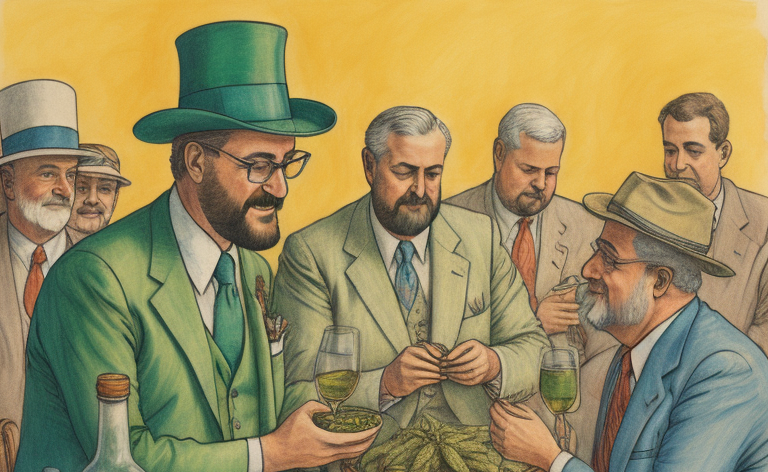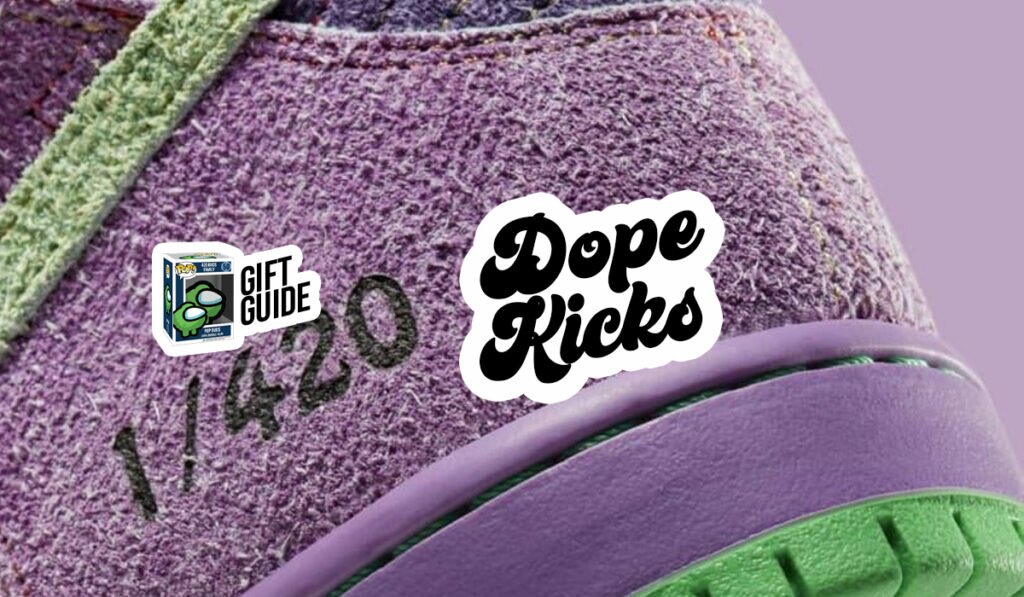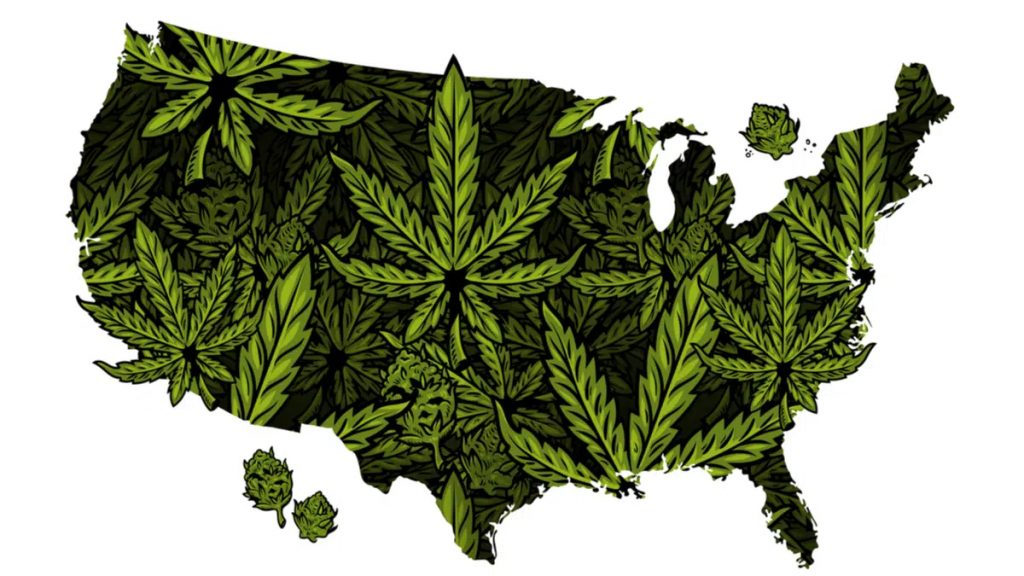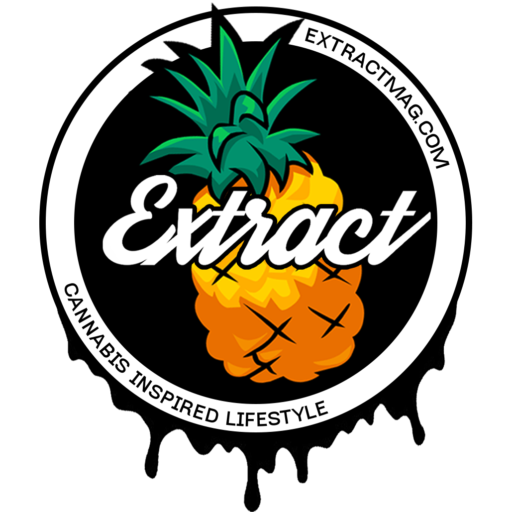Cannabis Sales Are Eating Away At Alcohol Revenue – And The Trend Isn’t Stopping Anytime Soon


As Canada continues to embrace the burgeoning cannabis industry, recent statistics from 2023 have painted a compelling picture of its impact on traditional substance markets, particularly alcohol. A significant growth trajectory for cannabis contrasts with the challenges faced by the alcohol sector, suggesting a shift in consumer preferences and spending habits.
The Canadian cannabis market is projected to grow by 14.15% from 2024 to 2028, potentially reaching a market volume of US$7.98 billion by 2028 (Statista). This growth trajectory has persisted despite market fluctuations, including the closure and transfer of numerous cannabis stores in 2023 (MJBizDaily).
Meanwhile, the alcohol industry is experiencing a downturn. Economic forecasts for 2023 suggest that sales of beer, wine, and spirits may struggle as Canada’s economy slows and inflation alters consumer purchasing patterns (FCC). A report highlighted a 0.9% decrease in alcohol sales from May to June, a trend that could speak volumes about the industry’s trajectory (Retail Insider).
A recent study estimated that each dollar spent on legal medical cannabis correlated with a $0.74 to $0.84 decrease in alcohol sales (ScienceDirect, PubMed). This suggests that consumers may be substituting alcohol with cannabis, a trend that could have significant implications for both industries.
If we extrapolate from this data and consider the projected growth of the cannabis market, we could see a reduction in alcohol sales by approximately US$5.98 billion to US$6.70 billion due to cannabis consumption. This projection takes into account the current correlation without considering changes in consumer behavior, economic conditions, or regulatory shifts that could further influence these markets.
With the data at hand, it is evident that since the legalization of cannabis, there has been a noticeable impact on the alcohol market. Beer sales alone saw a reduction of 0.7% to $9.1 billion in the 2021/2022 fiscal year, and overall, the adoption of medical cannabis access in Canada was associated with reductions in alcohol sales (Statistics Canada, NORML). While a total figure is challenging to determine, these statistics confirm the significant influence cannabis legalization has had on alcohol consumption in Canada.
As the economic and social backdrop of Canada continues to change, the interplay between cannabis and alcohol sales will remain a topic of interest for policymakers, businesses, and consumers alike. With the shift towards cannabis, the alcohol industry may face a continued decline in sales, marking a potential long-term trend that could redefine the substance market in Canada.








